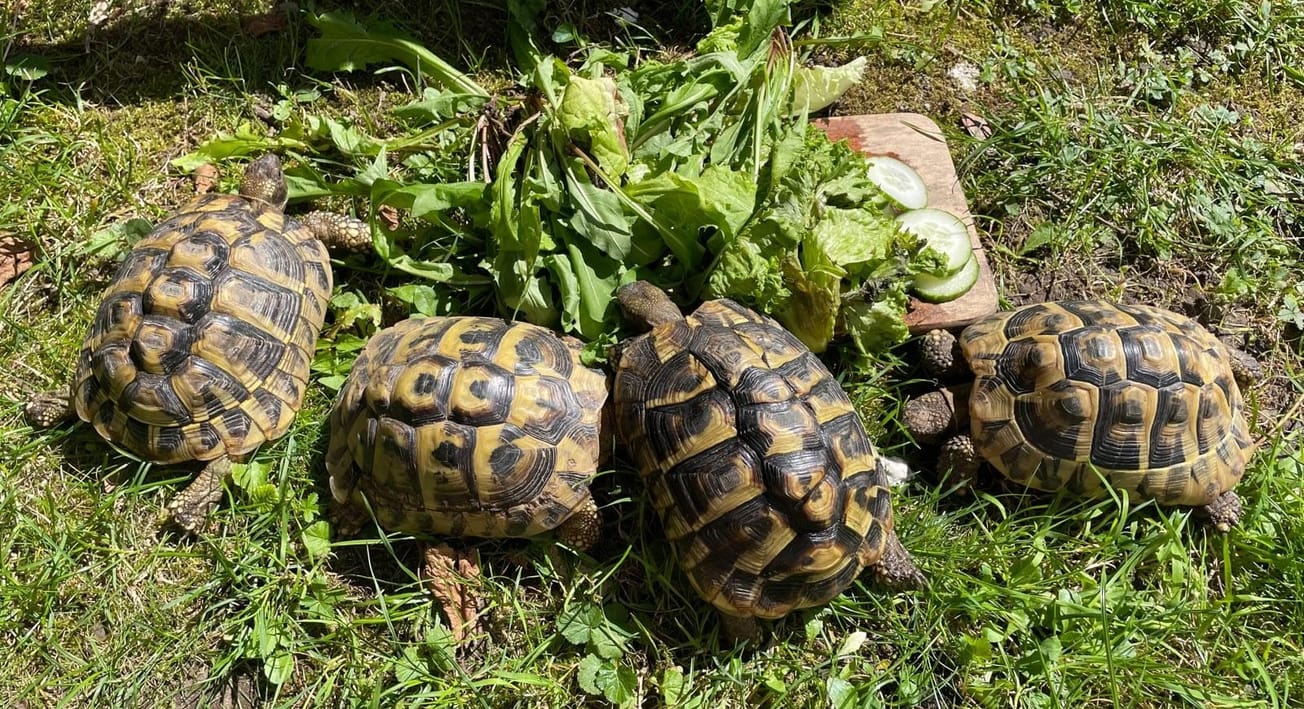Lauren Wills and Miriam Davies take a look at the effect of a vegan diet on the environment.
The debate around what type of diet is better for the environment can often get heated, and it can be hard to distinguish fact from fiction with so many conflicting arguments out there. So, what is the truth behind these arguments?
An argument, heard often, is that plant-based diets are production-intensive and increase emissions of greenhouse gases. A study conducted by Carnegie Mellon investigated how vegetarian and ‘healthy’ diets could be harmful to the environment. This controversial study suggests that eating basic fruits and vegetables, along with ‘super-foods’ actually requires more resources per calorie than pork or chicken.
Photo by Megan Hodges / Unsplash
In Mexico, the Western avocado craze and consequent rising prices are fuelling deforestation. On top of this, a mature avocado orchard uses nearly double the amount of water as a fairly dense forest. The high use of agricultural chemicals and the large volumes of wood needed to pack avocados are other factors that could have negative effects on the area’s environment and the wellbeing of its inhabitants.
If 10,000 people went vegan for one week it would save 147,000kg of CO2, or enough to fly to the moon and back.
Soy agriculture is also damaging according to WWF, its expansion is threatening biodiversity, endangered species, and also impacting the subsistence of the local people where the crop is grown. Vast amounts of land is needed to grow soybeans and as deforestation accounts for 15% of all greenhouse gas emissions, soybean plantations evidently have a large environmental impact. However 90% of the crop grown is dedicated to feeding livestock, which contradicts the claim that veganism is contributing to the destruction of the rainforest.
Even so, the advantages of reducing meat consumption arguably overshadows this. Agreement amongst 15,000 scientists that a vegan diet would help save our planet shows how misleading claims to the contrary must be. And indeed, calculations estimate that if 10,000 people went vegan for one week it would save 147,000 kg of CO2, or enough to fly to the moon and back.
It seems then that whatever your diet, it might be sensible to cut down on your consumption of exotic foods, as well as meat and dairy consumption. So what about the impact of our diets on the oceans?
The beef and dairy industry is a significant contributor to ocean pollution: in 2013, a Scientific Consensus confirmed that “beef production in the surrounding catchment was responsible for 75% of sediment, 54% of phosphorous and 40% of nitrogen in the [Great Barrier] reef’s waters”.
Photo by Lance Anderson / Unsplash
Animal agriculture is also the leading cause of ocean ‘dead zones’ - areas of water where there is so little oxygen that marine life cannot survive there. With fishless oceans predicted by 2048, animal agriculture is a serious concern: to date, it has been the cause of over 500 dead zones across the world.
Accordingly, in industrial fishing, for every 1 pound of fish caught, around 5 pounds of marine species - such as turtles and dolphins - are also captured and killed as a by-product.
Any budding environmentalist - even just anyone who likes marine life and the seas - ought to consider this when doing their weekly shop.
Animal agriculture is responsible for up to 91% of Amazon forest destruction.
Another claim often heard when discussing the relative environmental impacts of different diets is that incorporating some animal-source foods make better use of land than their vegan alternative. Varied diets can make use of varied land types, but a more prominent land-related dilemma is that of deforestation. The increasing demand for land for large scale animal agriculture means that livestock and feed-crops have become the leading cause of deforestation and loss of habitat worldwide.
1 to 2 acres of rainforest is cleared every second predominantly for livestock and feed crops, meaning animal agriculture is responsible for up to 91% of Amazon forest destruction. Environment Minister Steven Miles has described deforestation rates as “catastrophic”, with environmental experts warning of “irreversible damage” if this is not addressed.
It is of course not individuals or small household farms who are contributing significantly to this problem, but Western consumers must be aware of the potential journey and impact their food has had on the planet. The current scale of the Western animal agriculture industry is a threat to the planet, and its inhabitants.
Indeed, when compared to plant-based foods, the production of beef requires a whopping 160 times more land, and the grain used to feed livestock could feed 3.5 billion people.
Undoubtedly we can conclude that decreasing the consumption of meat has a positive impact on the environment. Even a ‘Meatless Monday’ is well worth it for its impact on the planet. But we must all also be cautious about the impact of supposed superfoods, which may also be damaging to rainforests and local habitats in the countries in which they are grown.
Everyone ought to be mindful about what they’re eating, and the process that has occurred for it to end up on your plate. Cutting out or reducing animal products is a brilliant first step to becoming a better environmentalist, but - sadly - the task does not end there.
But, let this not deter you - the power to save the planet is in your shopping basket!
Featured image: Unsplash / Lukas Budimaier









